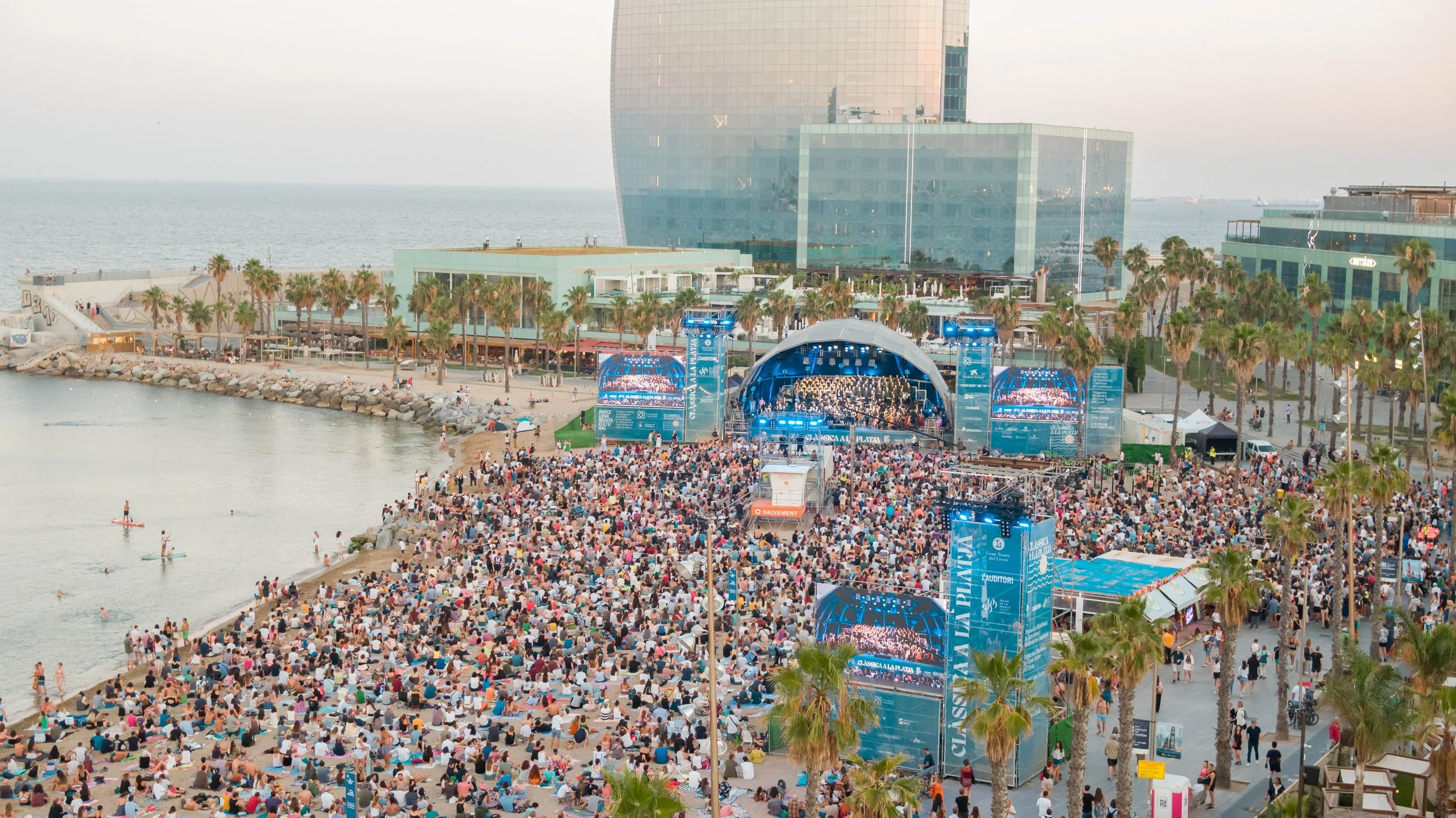Statues, Bush Theatre Review
Reviewed by Danai for Theatre and Tonic
Disclaimer: Gifted tickets in exchange for an honest review
Statues is a play written by Azan Ahmed and directed by Esme Allman. ‘Statues’ is also a noun. Two syllables. Plural. Objects made from a hard material, especially stone or metal, to look like people or animals.
Yusuf, played by Ahmed himself, is an English teacher who frequently reflects on words, their meanings, and syllables—beginning with "packing," which is exactly what he's doing at his late father’s apartment. As Yusuf sorts through his father's belongings, he uncovers a side of Mustafa, his father, that he never knew. Mustafa, a quiet, seemingly passionless man, once had a vibrant artistic life, rapping with dreams that were eventually silenced. This discovery leads Yusuf to re-examine his father’s life, his own sense of identity, and the generational patterns of silence, caution, and suppressed expression that he has inherited.
The play’s treatment of language is one of its most beautiful aspects. It isn’t just the inclusion of Urdu or the characters' Pakistani accents that makes it compelling, but the deeper exploration of how language shapes and reshapes meaning, depending on context and who is speaking. Yusuf, with his Oxford education, has mastered "posh" English and teaches Shakespeare, yet as he delves into rap and spoken word—forms of expression often dismissed by the establishment—the play challenges the idea that conformity and adherence to the norm are the best ways to combat discrimination.
In recent years, theatre in London has offered a welcome surge of works addressing identity, allowing audiences to engage with more diverse characters and stories. However, many such plays remain content with vague discussions of "otherness" and "acceptance." Statues goes beyond this, digging deeper into the sociopolitical landscape of the British Pakistani identity. It doesn't just talk about inclusion—it confronts why and how British Pakistanis have been marginalized. The play makes direct references to systemic racism, particularly in policing and education, illustrating how people and entire generations are stifled based on their skin colour and heritage. The narrative touches on the pressure to work twice as hard and conform to rules just to avoid being perceived as a threat.
One particularly powerful moment occurs in a final rap sequence, where the characters declare their aspiration for Azadi (freedom), raising their fists. Separately, Khalil’s "Free Palestine" badges underscore his political stance while religion is also a key element, woven throughout the play in a way that fosters understanding and destigmatization, reinforcing the work's central themes.
Cara Evans' set design complements the play beautifully. The carpeted floor and what appear to be prayer mats create a space that feels both intimate and symbolic, grounding the characters in their cultural and spiritual heritage.
However, there are moments where the narrative could have benefited from more clarity. The portrayal of Prevent, the UK government’s counter-terrorism strategy, and its impact on education is a critical theme. Yet it’s unclear how often these discriminatory practices occur at Khalil’s school or whether the play is presenting an exaggerated example to make a point. This ambiguity detracts slightly from the otherwise sharp critique. A more focused exploration of these contemporary struggles—how discrimination manifests in the lives of Khalil (Jonny Khan) and Yusuf—would have strengthened the message.
The play also briefly touches on themes of grief and family relationships. While these could have been explored in greater depth, the play’s length likely limited this. Similarly, the final spoken word piece felt slightly abbreviated, which was a shame, as hearing it in full might have added even more weight to the ending, especially by Jonny Khan who performed in such an amazing way throughout the whole show.
Overall, Statues effectively examines the notion of becoming "statues"—of losing oneself while passively observing a more privileged world move forward. Yet by its conclusion, the play transforms into a call for action, for breaking free from silence. “The louder we are, Khalil, the harder it is to be silenced,” Yusuf says—words that resonate far beyond the characters on stage. This play is for everyone who refuses to remain a silent observer, and who seeks to challenge and dismantle the systems that keep them frozen.
At Bush Theatre until 09 November 2024.
★★★











